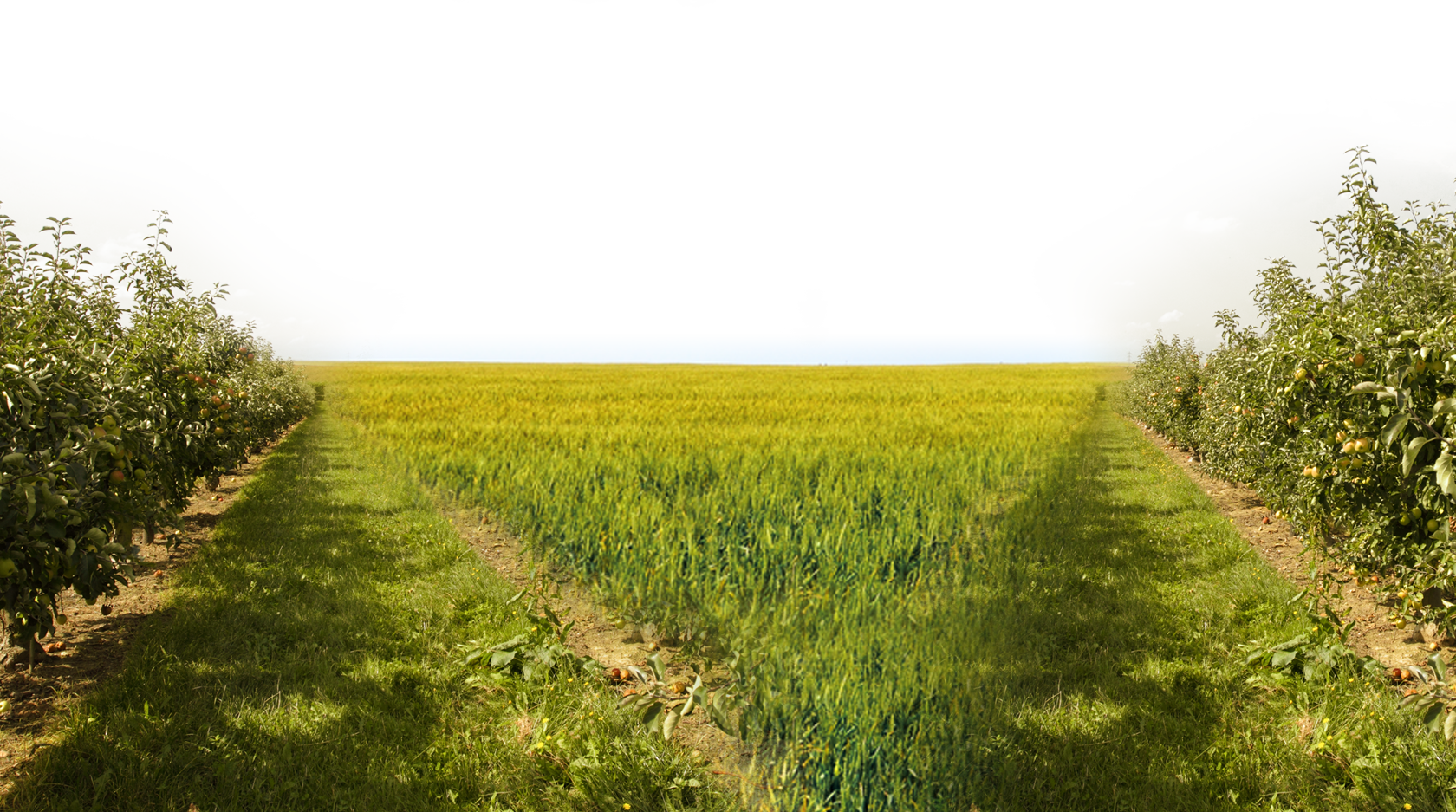
Beating Fall Allergies
By Karen Shepard | 0 Comments | Posted 09/06/2016
This article conveys a personal experience and is no way intended as medical advice. Please always consult your doctor before taking any medication or supplements.
As we move into fall, some of us find our allergies flaring up again. I remember the day I took my first allergy medication. I was red eyed and wheezy cleaning up on the back porch, when a well meaning neighbor seeing my distress held out two little red tablets saying, “Try this.” The problem was – It worked. The real problem though, was that my body was producing histamines to try and ward off what it was reading as hostile invaders. The medications she had offered did not touch the real source of the problem—it just blocked them temporarily—so my symptoms continued.
What followed was over three decades of rotating medications both prescribed and over the counter, trying to stay ahead of the allergic misery that was my life. The dehydration and joint issues I suffered as a result of these medications was almost worse than the allergies themselves. I ended up taking over the counter anti-inflammatories on top of everything else, which was not only bad for my liver and stomach, it also made me tired.
When I realized that I was bruising like a piece of bad fruit, I decided something had to change. If this sounds familiar don’t despair. Here are some natural options that worked for me for you to look into. Please remember to always consult your doctor about the right allergy treatment for you.
First of all find out what you are allergic to. Your Doctor can do a simple skin test that will tell you exactly what your body is reacting to. You don’t want to go re-homing your cat or dog only to find out it was ragweed that was giving you problems.
The most common allergens are: Pollen, ragweed, dustmites, pet dander, and air pollution. (I take “air pollution” to mean things like smoke, perfume, carpet cleaning chemicals, furniture stripper or wax, paint fumes or any other caustic smells that are found in closed spaces.)
It’s almost impossible to avoid all allergens, even when you know what they are but there are things you can do to minimize them.
Airfilters have been shown to reduce indoor allergens and help you breathe easier. To get the most from a filter you need to keep windows closed.
Wash frequently. Allergens like to cling to clothes, carpets, bed sheets, hair and skin. Water is your friend. A good shower and a fresh outfit will help keep pesky pollens and mites off your back.
Probiotics work from the inside out to help you beat allergies. According to research from the Osaka University School of Medicine, probiotics have been found to be effective in treating sinus symptoms linked to allergies. Strains that are effective include: Lactobacilli casei, Lactobacillus paracasei, L. acidophilus, and Bifidobacterium longum. These should be taken on an empty stomach.
Butterbur is another newer herbal supplement that has been found to help relieve hay fever symptoms as effectively as Zyrtec and Cetirizine. (Caution: Do not combine other allergy medications with Butterbur as you may overdose.)
Stinging Nettle can also be effective. Some experts recommend 600 to 1,200 mg of dried extract daily. You can also collect and eat this wild growing plant yourself in the spring and put it in stews, soups or smoothies.
Vitamin D can also help. Harvard University did a study that shows a link between low vitamin D, allergies and asthma.
(For more on the wonders of vitamin D, see Dr Daria’s blog post.)
Honey. Honey made from flowers and plants in your area may help “immunize” your body against pollen allergens. One to three teaspoons of locally produced raw honey daily can help boost your body’s natural resistance. A study in the International Archives of Allergy and Immunology showed that patients with birch pollen allergy who ate honey that included birch pollen reduced their symptoms by 60 percent and used 50 percent fewer antihistamines!
Go Omega 3’s. Toss a little flax onto your yogurt or cereal to help boost your immune system.
Eliminate refined and highly processed foods. Since a big part of allergic response is inflammation, you might want to eliminate highly processed and refined foods that increase these symptoms. Try replacing them with raw seasonal fruits and vegetables – especially those high in Quercetin that will provide your body with what it needs when it needs it.
Drink lots of water! Water helps you flush toxins from your system and can help reduce inflammation as well.
Sources:
natural remedies for hay fever


 Contact us
Contact us



























